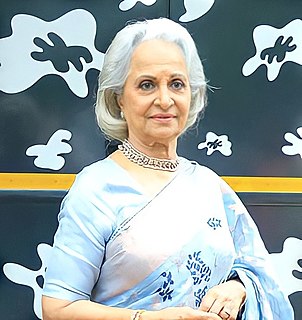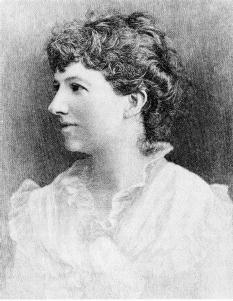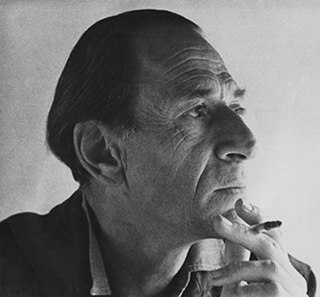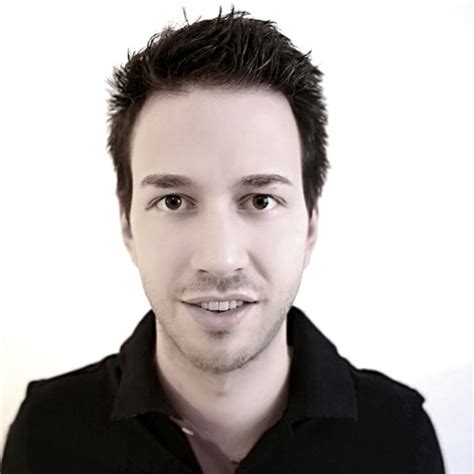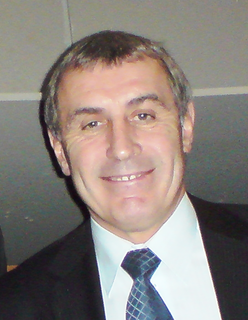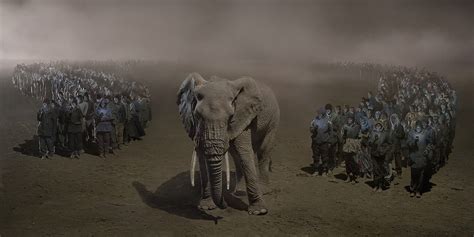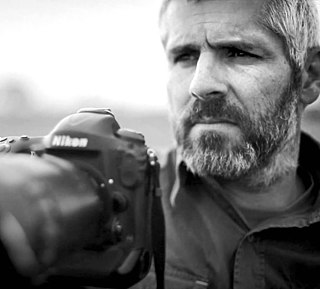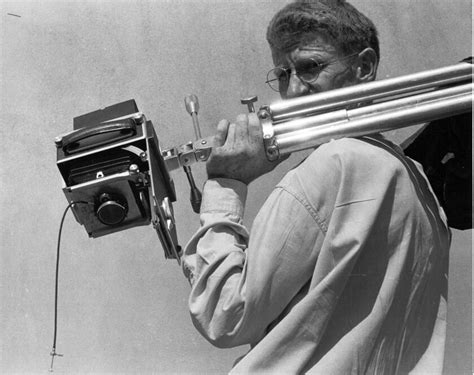A Quote by Waheeda Rehman
When it comes to wildlife photography, you need to have luck and patience.
Quote Topics
Related Quotes
Democracy is the eagle on the back of a dollar bill, with 13 arrows in one claw, 13 leaves on a branch, 13 tail feathers, and 13 stars over its head - this signifies that when the white man came to this country, it was bad luck for the Indians, bad luck for the trees, bad luck for the wildlife, and lights out for the American eagle.
Few photographers have ever considered the photography of wild animals, as distinctly opposed to the genre of Wildlife Photography, as an art form. The emphasis has generally been on capturing the drama of wild animals IN ACTION, on capturing that dramatic single moment, as opposed to simply animals in the state of being.
Anthropology... has always been highly dependent upon photography... As the use of still photography - and moving pictures - has become increasingly essential as a part of anthropological methods, the need for photographers with a disciplined knowledge of anthropology and for anthropologists with training in photography has increased. We expect that in the near future sophisticated training in photography will be a requirement for all anthropologists. (1962)
Drug and human traffic are getting a lot more attention than illicit wildlife trafficking. And just as we need to intensify our efforts to combat drug trade and human trafficking, we also need to intensify our efforts to combat illicit wildlife trafficking...They all need to be addressed through bold and consistent actions by the international community.
Photography is a life of learning. That's all I want from photography. I don't want the money. I don't need the fame. I don't need the admiration. I'd like all of those things, but I don't need them. Because what I get from photographing is learning. I have spent my life learning by looking through a lens.
